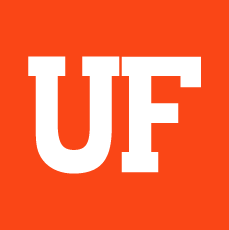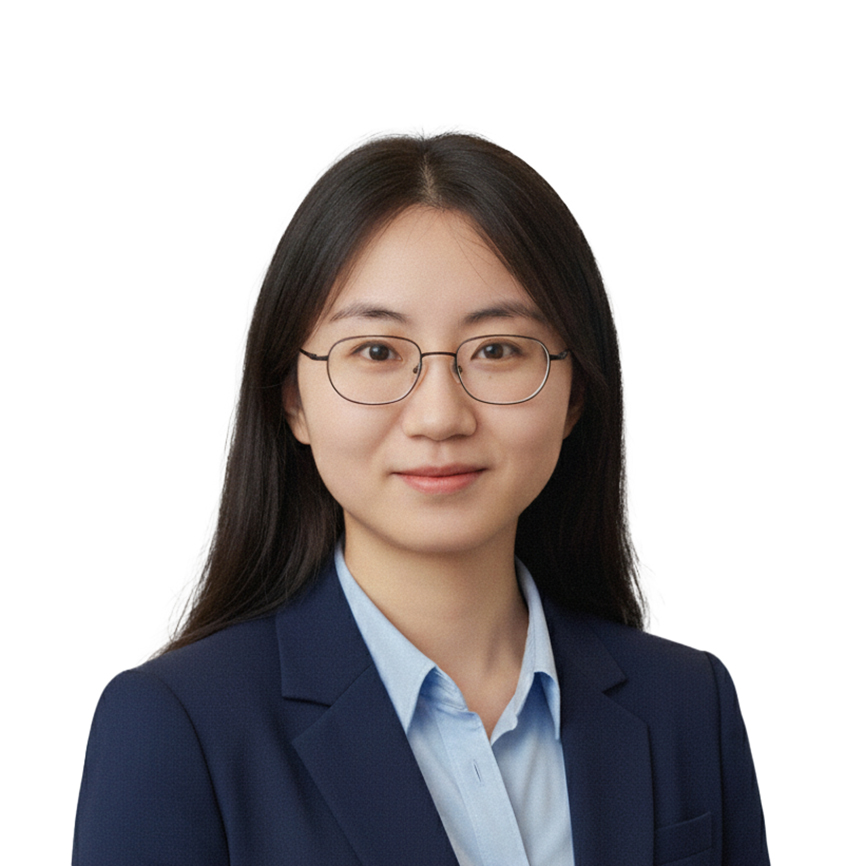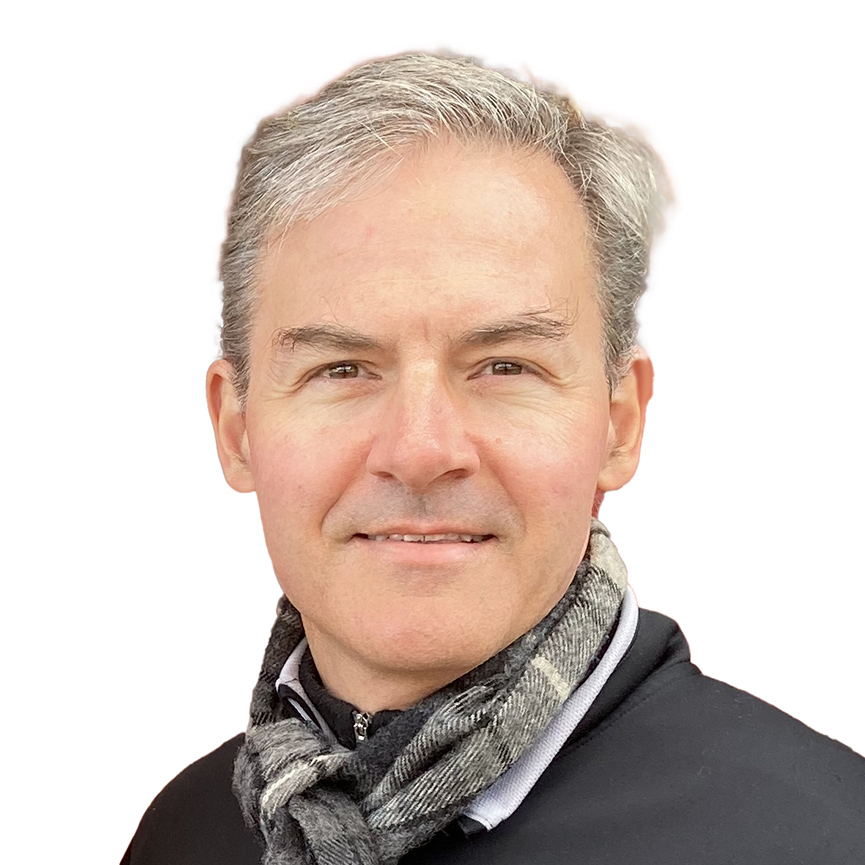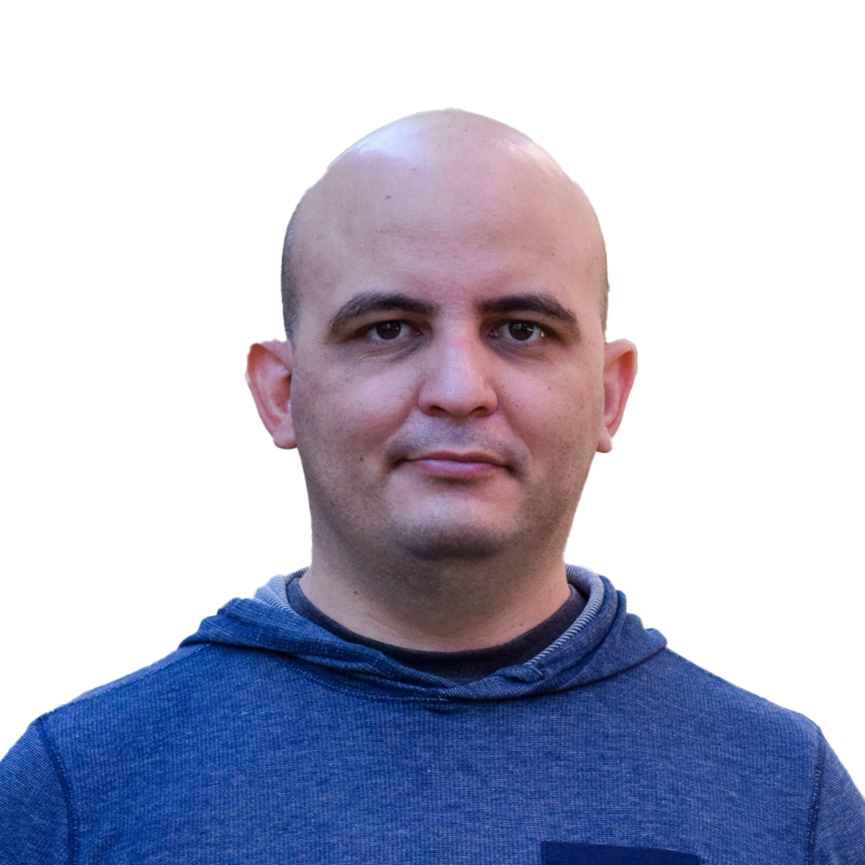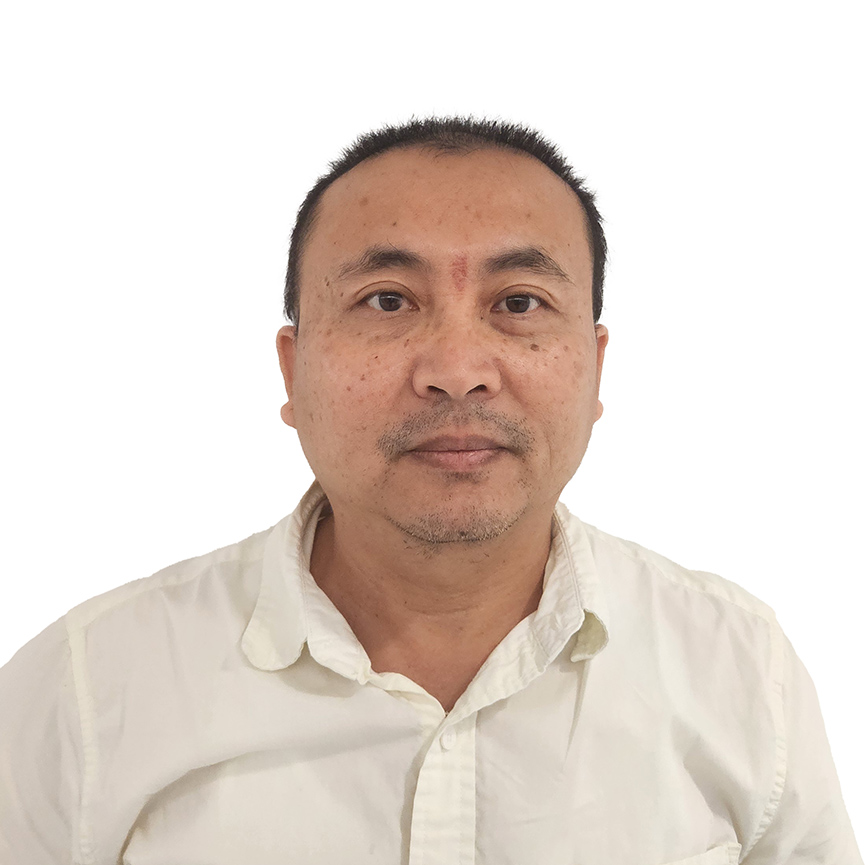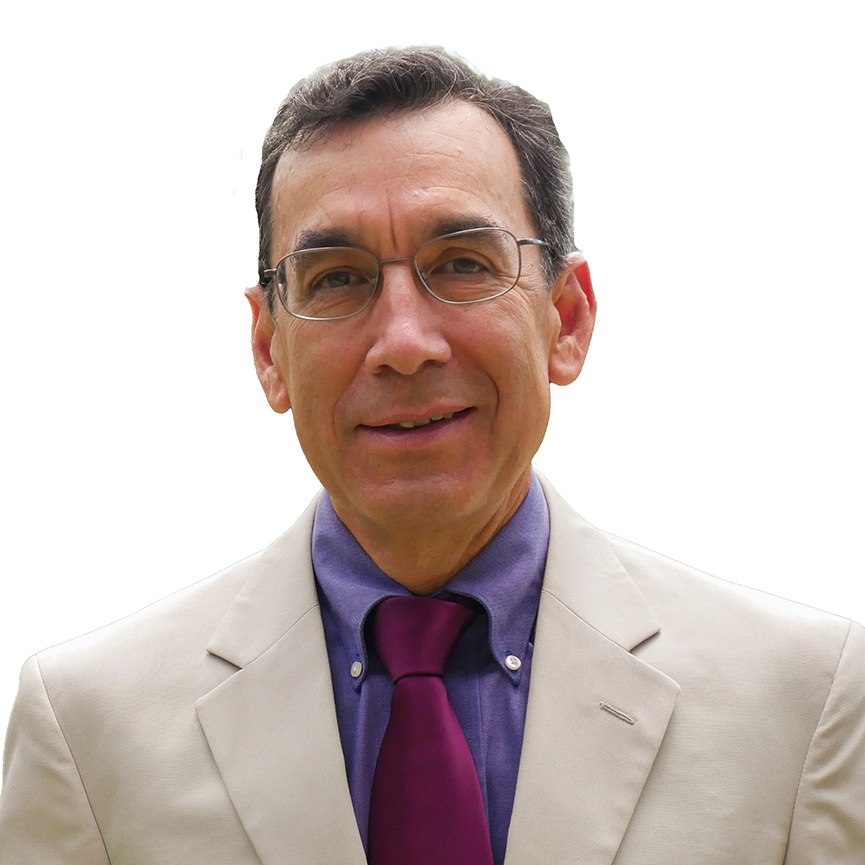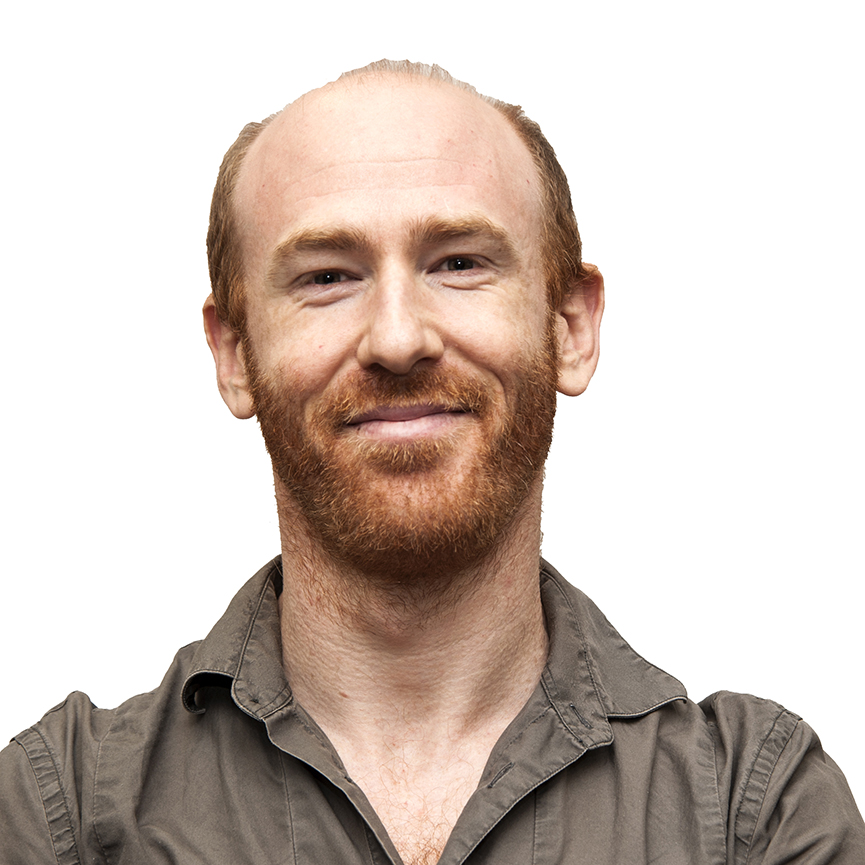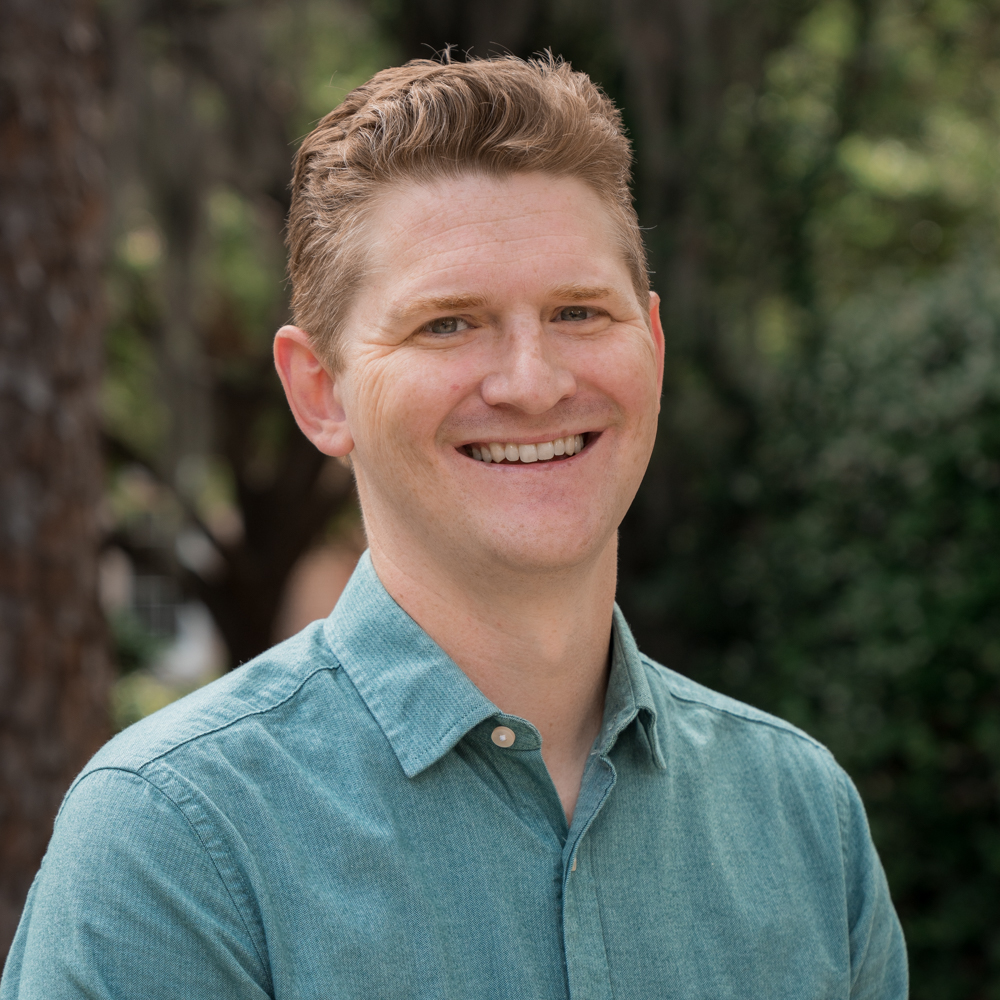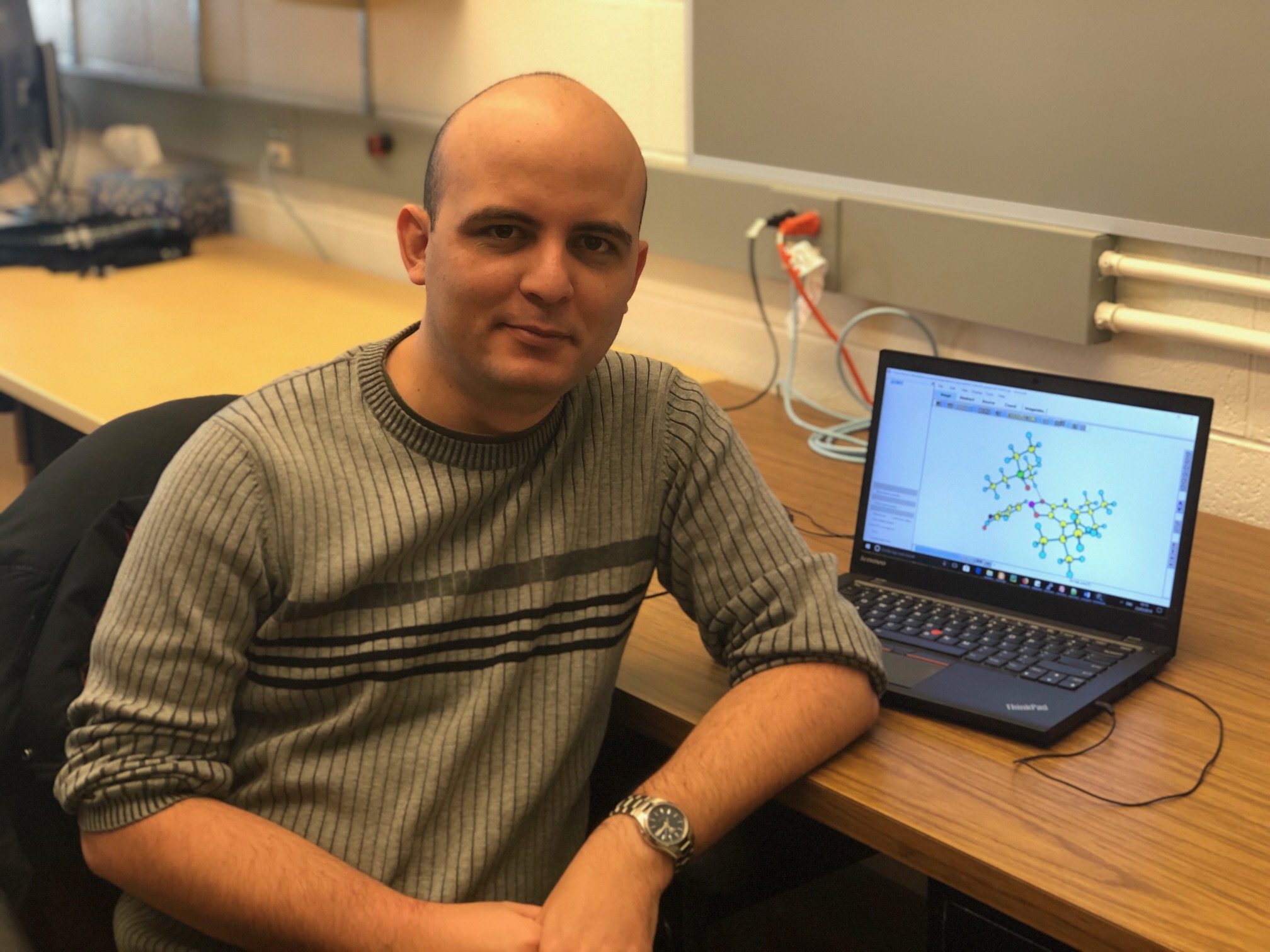COMPUTATIONAL
Theoretical physical chemistry seeks to understand and predict the behavior of matter at the molecular and atomic levels using mathematical models and computational methods. It bridges physics and chemistry by developing frameworks that describe chemical bonding, molecular dynamics, thermodynamics, and reaction mechanisms. Through quantum mechanics, statistical mechanics, and molecular simulations, it provides fundamental insights into electronic structure, spectroscopy, and intermolecular interactions. By translating theory into quantitative predictions, theoretical physical chemistry guides experiments, enables the design of new materials and drugs, and advances our understanding of complex systems ranging from single molecules to biological macromolecules and condensed phases.
Our research programs include:
- Density Functional Theory and Ab initio Methods
- Drug Design
- Electronic Structure
- Force Fields
- Materials Design
- Molecular Dynamics
- Protein Folding
- Machine Learning & Artificial Intelligence
- Wavefunctions
Faculty in Computational Chemistry
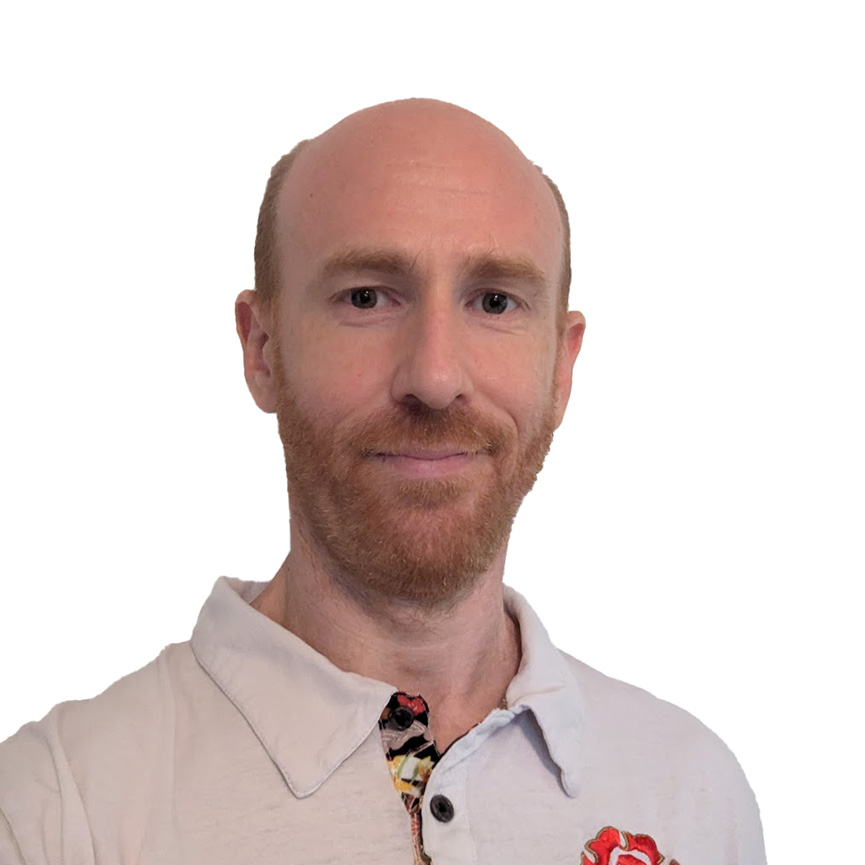
Alberto Perez
William R. Kenan, Jr. Term Associate Professor & Associate Director Quantum Theory Project
352-392-7009Send EmailSee Bio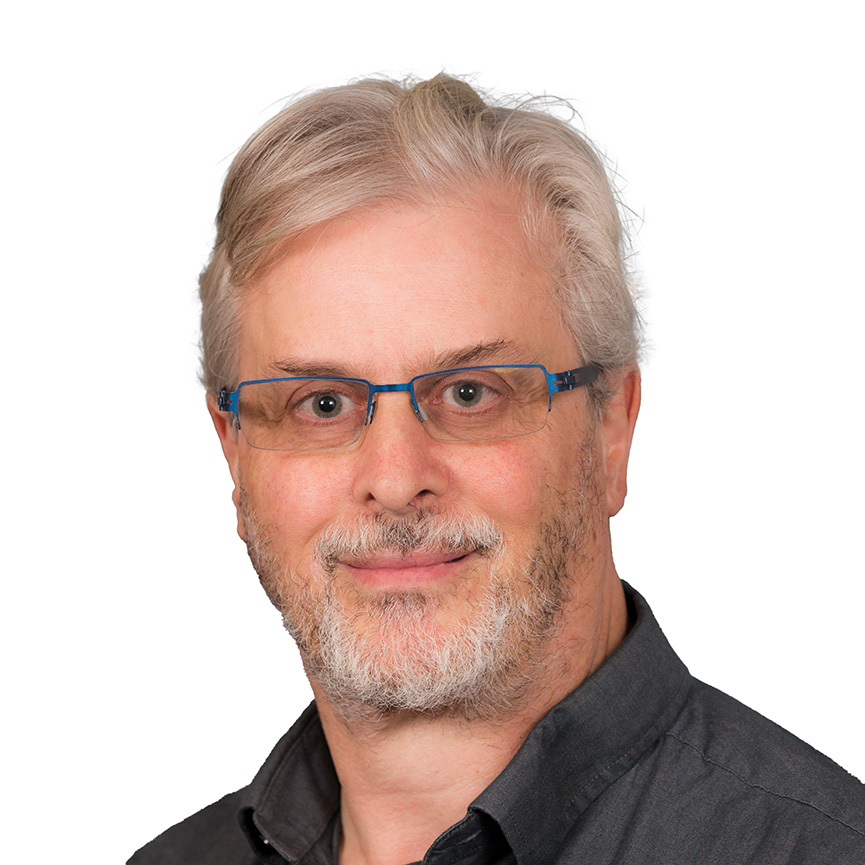
Adrian E. Roitberg
Frank Harris Professor of Theoretical and Computational Chemistry
352-392-6972Send EmailSee BioAdministrative Assistant
Leigh Hall 240
PO Box 117200
Gainesville , Florida 32611-7200
(352) 392-0549
Quantum Theory Project (QTP) is one of the world’s largest centers for theoretical, computational, and modeling research on complex molecular and materials systems, uniting the Departments of Chemistry, Physics, Materials Science, and Computer Science at UF. Founded in 1960 by Prof. Per-Olov Löwdin, QTP develops advanced quantum mechanical methods, creates innovative software, and hosts the world-renowned Sanibel Symposia.
Physical Chemistry seminars host a variety of topics from experimental and computational physical chemistry, presented by invited external speakers, UF faculty, and graduate students in our program. Presentations are usually at the interface between physical chemistry and other areas of chemistry, biomedical sciences, and materials, with strong emphasis on multidisciplinary research supported by physical chemistry insights. Genereous support by our department and the CPC helps promote further interactions between our graduate students and external speakers.
Fall 2025
Sept. 2, 2025: Prof. Ramon Miranda Quintana, UF Chemistry, Tenure Talk
Sept. 15, 2025: Prof. David Wei, UF Chemistry
Sept. 30, 2025: Prof. Janani Sampath , UF Chemical Engineering
Oct. 28, 2025: Prof. Claudia Avalos, NYU
Nov. 4, 2025: Prof. Fang Liu, Emory University
Nov. 18, 2025: Prof. Alex Angerhofer, UF Chemistry
Spring 2026
TBD
65th Sanibel Symposium: Feb. 22–27, 2026.
“The Theory Meeting for Theoreticians”
The Sanibel meeting, the leading conference in quantum theory of atoms, molecules, and materials, traces its roots to annual gatherings held on Sanibel Island, FL, from 1961–1977 and returned to Florida in 2023 after years in Georgia. The 2026 meeting will feature topics such as machine learning, quantum computing, density functional theory, quantum dynamics, and electronic structure across molecular, condensed matter, and biochemical systems, along with special “hot topic” sessions highlighting emerging advances.
CHM 6470 – Chemical Bonding and Spectra I
CHM 6471 – Chemical Bonding and Spectra I
CHM 6480 – Elements of Quantum Chemistry
CHM 6580 – Special Topics in Physical Chemistry
CHM 6586 – Computational Chemistry
CHM 6590 – Physical Chemistry Seminar
CHM 7485 – Special Topics in Theory of Atomic and Molecular Structure
CHM 4412 – Physical Chemistry: Chemical Bonding and Spectroscopy
CHM 4412L – Physical Chemistry Laboratory
CHM 4930 – Special Topics
